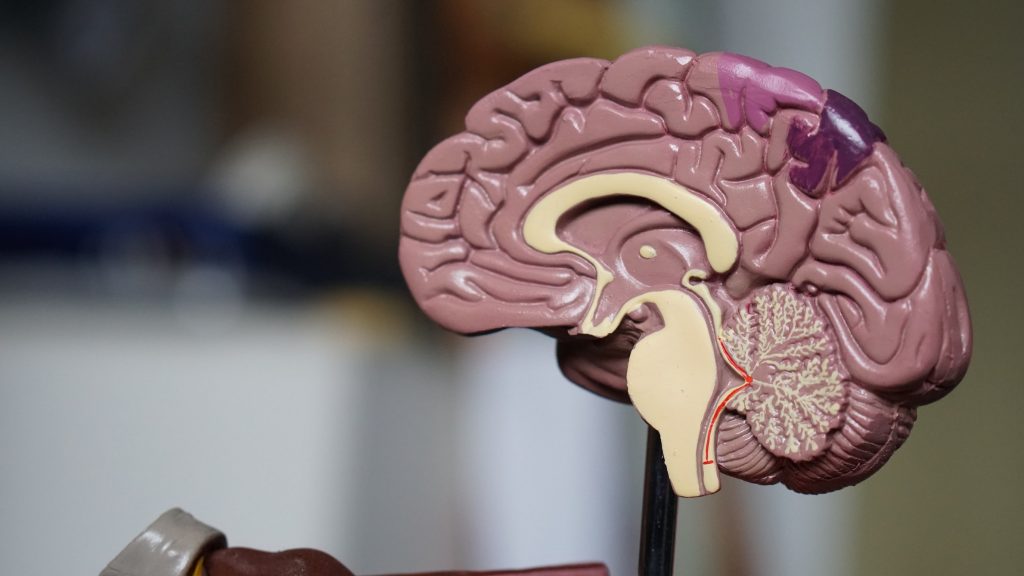Cannabis is a reputable sleep aid, and with the right doses tends to calm our bodies and minds even as a natural psychoactive enhancer. So when you read an article headline about marijuana and dreams, you’d probably think it reads something like this: the more you smoke the more crazy your dreams are. When actually, the truth couldn’t be more the opposite.
The truth is: halting long-term marijuana use will make your dreams change. If you’ve taken a break or hiatus from cannabis, you might have noticed having vivid and even lucid dreams more frequently. Even with these effects being documented and most physicians and consumers alike, agreeing there is a link between cannabis and dreams, there still needs to be more empirical data to prove starting and stopping cannabis use has a profound effect on our dreams. That hasn’t stopped researchers from theorizing about the links between dreaming and cannabis, however. For now, we as consumers and as your number one Los Angeles delivery service, we can explore our own relationships with dream cycles and cannabis consumption. We can discover our own unique experience and personal affects our dream cycles have on us, by utilizing the science that currently substantiates the belief that the two are indeed connected.
It begins with understanding why we dream in the first place. Where do dreams come from? What causes dreams? Dreams occur during a specific sleep cycle known as REM sleep; an acronym for Rapid Eye Movement. For most people, this stage occurs within 90-mins in the sleep schedule and is characterized by swift eye movements that typically move side to side, hence its name. REM sleep becomes activated by the neurotransmitter acetylcholine and the chemical activity in the pons region of the brain stem. (You might want to read that again.) The absence of neurotransmitters histamine, serotonin (our happy thoughts), and norepinephrine also typify REM cycles. In more layman’s terms, taking a break from cannabis can cause you to experience ‘Rem Rebound,” in which you tend to have more vivid and lucid dreams.
It’s pretty amazing to consider the fact that every human being who has ever lived has slept, and thus dreamed. And yet, 200,000 years later, we still are not exactly sure why we dream. And scientists are still not exactly sure why we spend 20% of our sleep time in REM. So it must be pretty important and significant. Some researchers have suggested the dreamy imagery is attributed to a neural activity, but are unable to pin down the exact reason for why our brains create these random manifestations of our subconscious. Some believe its to better enhance our memory, others believe our brain processes emotions it suppresses throughout the day; and the problems solving skills we need to develop in life begin and are tested in our dreams. If there is any effect that cannabis has on our REM sleep, it would seem to suggest that a break in cannabis somehow enhances the participation of REM sleep. But we cannot assume by any means on how cannabis really effects the frequent and duration of dreams. One thing is for certain, while REM cycles are associated with restorative sleep and memory retention, cannabis has proven to be a therapeutic benefit for dream suppression: which means for a lot of people with PTSD can have fewer nightmares.

Nightmares can be a common occurrence for people with PTSD, anxiety, depression, etc. We can interpret cannabis as an aide to help these victims have a restful night of sleep. Some would go as far as to say our very own Sundae Driver is a great sleep aide in this respect. Cannabis adds itself as a natural remedy for sleep aid, containing important terpenes that function to induce sleep. “Hops, chamomile and lavender contain important terpenes also found in cannabis, but found in much higher concentration. The inclusions in the medical remedy will make for a greater sedation efficacy,” spoke Rev. Dr. DeCesare in a medical interview.
Despite hundreds of theories surrounding REM suppression, in this case from long-term cannabis use, the importance of REM sleep is still vague. It’s hard to gauge the effect it can have on dad-to-day awakeness. However, what is known is our bodies and minds need deep REM cycles for cognitive skills and memory retention. That being said, REM deprivation can lead to cognitive impairments, especially in young-developing brains. Even so, long-term impairments and implications remain to be seen as more scientific investigations into REM and cannabis use continue.
Cannabis still maintains is stature of wonderful healing properties. Especially for those of us who suffer from sleep disorders and other ailments. Even at the cost of REM sleep, most practitioners and consumers agree the benefits outweigh the cost. At GrassDoor we still recommended you always notify your doctor about your medical cannabis use, especially if there are any peculiar affects to your mind and body. Always enjoy cannabis responsibly. And if you should decide to take a break from cannabis, enjoy your vivid and imaginative dreams.


